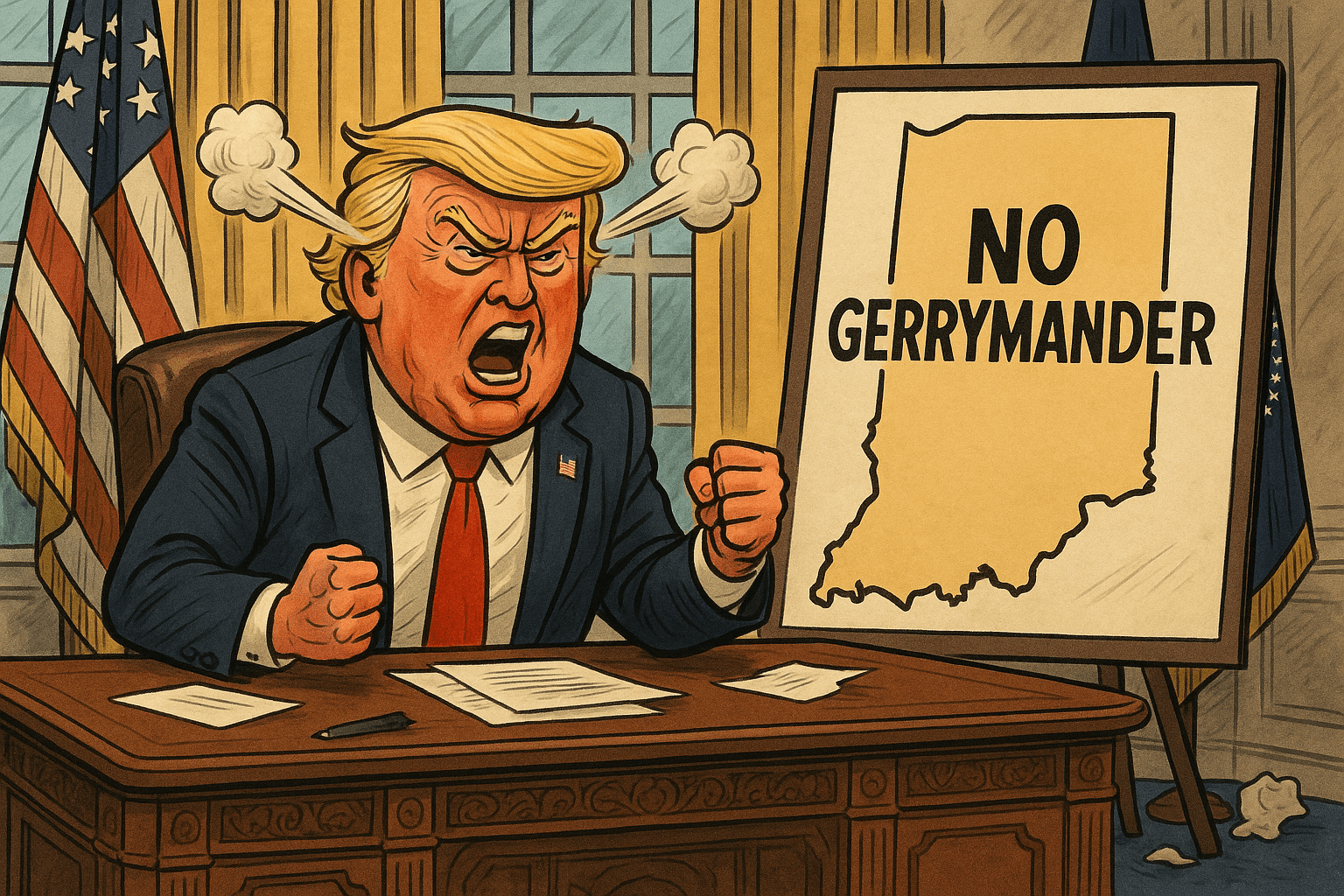AZ Initiative to End Partisan Primaries Survives Another Legal Challenge

Nonpartisan reformers know what is coming when they propose changing the way voters elect public officials. Inevitably, those who benefit from the status quo will turn to the courts to prevent voters from having a say.
It happened with Top Two in California. It happened with ranked choice voting in Maine. It happened with Top 4 with ranked choice voting in Alaska. In all of these instances, the parties and special interests failed.
In 2024, similar hurdles have been placed in front of many reform proposals that are slated to be on the ballot across the US. But once again, the efforts to give voters more choice in elections are prevailing.
In Arizona, the Make Elections Fair Arizona Act -- now known as Proposition 140 -- has faced multiple court challenges from both major parties and their allied special interest groups.
To quicky sum up: Prop 140 proposes eliminating party primaries in favor of a nonpartisan primary system in which all voters and candidates have an opportunity to participate on a single ballot.
Voters are not treated differently because of their party status or lack thereof, and every candidate would have the same signature requirement to appear on the primary ballot.
It would be up to the state legislature or secretary of state to decide what nonpartisan election model to use. The only requirement is that primaries have to be nonpartisan in all cases, except for president.
Presidential preference elections in Arizona are closed to party members only. Prop 140 says if parties keep them closed, they will have to pay for them -- not taxpayers, many of whom have no say in these elections.
Maricopa County Superior Court Judge Melissa Iyer Julian ruled last week that the Republican-controlled Arizona Legislative Council improperly tried to influence Arizonans to vote against the initiative.
Lawmakers tried to paint it as a ranked choice voting initiative. However, the adoption of ranked choice voting exists purely as a hypothetical in the initiative depending on the system lawmakers adopt.
It is not required.
This decision followed another court's ruling that Prop. 140 did not violate the state's single-subject rule for proposed constitutional amendments. The lawsuit was brought by the Arizona Free Enterprise Club.
Then, on Thursday, Maricopa County Superior Court Judge Frank Moskowitz largely rejected a Democrat-backed lawsuit challenging the legitimacy of the signatures gathered to put Prop. 140 on the ballot.
Make Elections Fair AZ submitted over 580,000 signatures to certify its initiative. Most of the signatures were validated by the secretary of state's office. The proposal needed 384,000 signatures for certification.
Judge Moskowitz, who also ruled in the Arizona Free Enterprise Club case, said Prop 140 had enough valid signatures to be on the ballot, though he did invalidate nearly 17,000 signatures.
The door isn't completely shut on these legal challenges. The Arizona Free Enterprise Club appealed its single-subject lawsuit to the state supreme court. For now, however, voters will have a say on the future of their elections.
 Shawn Griffiths
Shawn Griffiths





